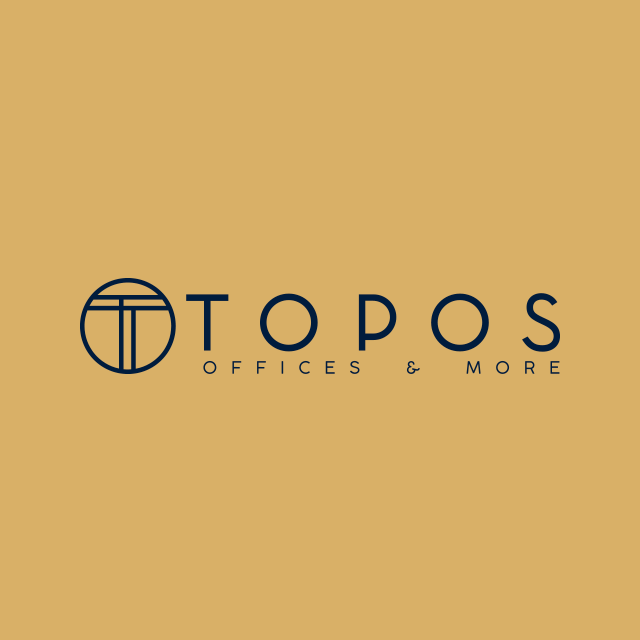Before starting a company or a business, every entrepreneur must consider four main points:
- Their market,
- Their own motivations and skills,
- The investments necessary for completing the project,
- Financial and other available resources….
Answering these questions will inform you when deciding whether or not to set up a company.
Once the decision has been taken, a series of formalities, requirements and administrative obligations, which vary according to the type of activity and the legal form of the company, must be undertaken.
The main steps in setting up a business are as follows:
- Establish a good business plan
- Choose a legal status: sole proprietorship (natural person without legal personality) or company (legal person with legal personality)
- Open a bank account in which you will deposit the mandatory and necessary amount depending on the type of company
- Prepare the company’s articles of association, clearly defining the company’s purpose and choosing its registered office
- Consult a notary who will formalise the incorporation of the company
- Register with the Crossroads Bank of Enterprises
- Join a Social Insurance Fund for the self-employed
- Register for VAT and comply with certain obligations in this respect.
- When hiring staff: join a social secretariat
Prepare a sound business plan
This will contain the detailed commercial, strategic and financial objectives of the project over the next three to five years.
The business plan will assess the viability of the project or company. It allows you to structure the project and to project income and expenditure over several years.
It also makes it possible to quantify the investments necessary for the company’s development.
- Choose a legal status: sole proprietorship (natural person without legal personality) or company (legal person with legal personality)
As of 1 May 2019, there are four company forms:
- SRL – Limited Liability Company: The company owner’s responsibility is limited and there is no longer any capital contribution requirement.
- Simple company: entails more risk because of the unlimited liability of the founders
- SC – Cooperative Society: This is only for companies that really apply the cooperative philosophy.
- SA – Limited company: starting capital is fixed at €61,500.
Each company form has its benefits and which form is best depends on your situation
- Open a bank account in which you will deposit the mandatory and necessary amount depending on the type of company
Every company must have its own bank account. Under no circumstances can this be an account in the name of a director or shareholder.
Depending on the company form adopted, it may be necessary to transfer the required capital contribution before going to the notary who will ensure that the funds are genuine.
For example, the incorporation of a limited company requires a deposit of €61,500 in the company’s bank account prior to incorporation.
- Preparing the company’s articles of association, clearly defining the company’s purpose and choosing its registered office
There are standard articles of association, but you will have to specify the company’s purpose and decide on a registered office.
Corporate purpose: this is the description of the company’s activities
Registered office: this is the administrative and fiscal headquarters of the company. The choice of the head office is crucial. It will determine the place of taxation and the language regime of the company.
Many company owners decide to place their company’s headquarters in a business or coworking centre.
By not having the company’s registered office at your private residence, you can separate your private and professional assets. Third parties will also only see the address of the registered office as published in the articles of association.
- Consult a notary who will formalise the incorporation of the company
It is the notary who formalises the creation of the company. This is necessary when setting up your company.
- Register with the Crossroads Bank of Enterprises
The Crossroads Bank of Enterprises is merely an electronic database that lists all companies registered in Belgium.
By entering a company name or company number, you will be able to find the head office of the company as well as the names of the managers.
- Joining a Social Insurance Fund for the self-employed
Paying social security contributions provides protection in the event of accident, illness or disability.
However, this membership is not optional but compulsory for every self-employed person.
This contribution also allows you to benefit from a pension in the future.
- Register yourself for VAT and meet certain obligations in connection with this.
You apply online to obtain your VAT identification.
VAT is an indirect tax that you recover on the products/services purchased and which you must pay on the products/services you sell.
Being subject to VAT means that every month or quarter you will have to declare VAT on your services/products sold and purchased. The balance will be carried forward or paid according to the balance sheet.
- When hiring staff: join a social secretariat
Calculating the net salary and the amounts of social security contributions to be paid when hiring staff is a very complicated matter in Belgium.
A social secretariat is responsible for the administration of all salaries and the management of employment contracts. Every month, you submit the hours and days worked by your employees/workers and the social secretariat takes care of all the calculations in terms of professional deductions and social charges. They also tell you the amount of net wages to be paid.


